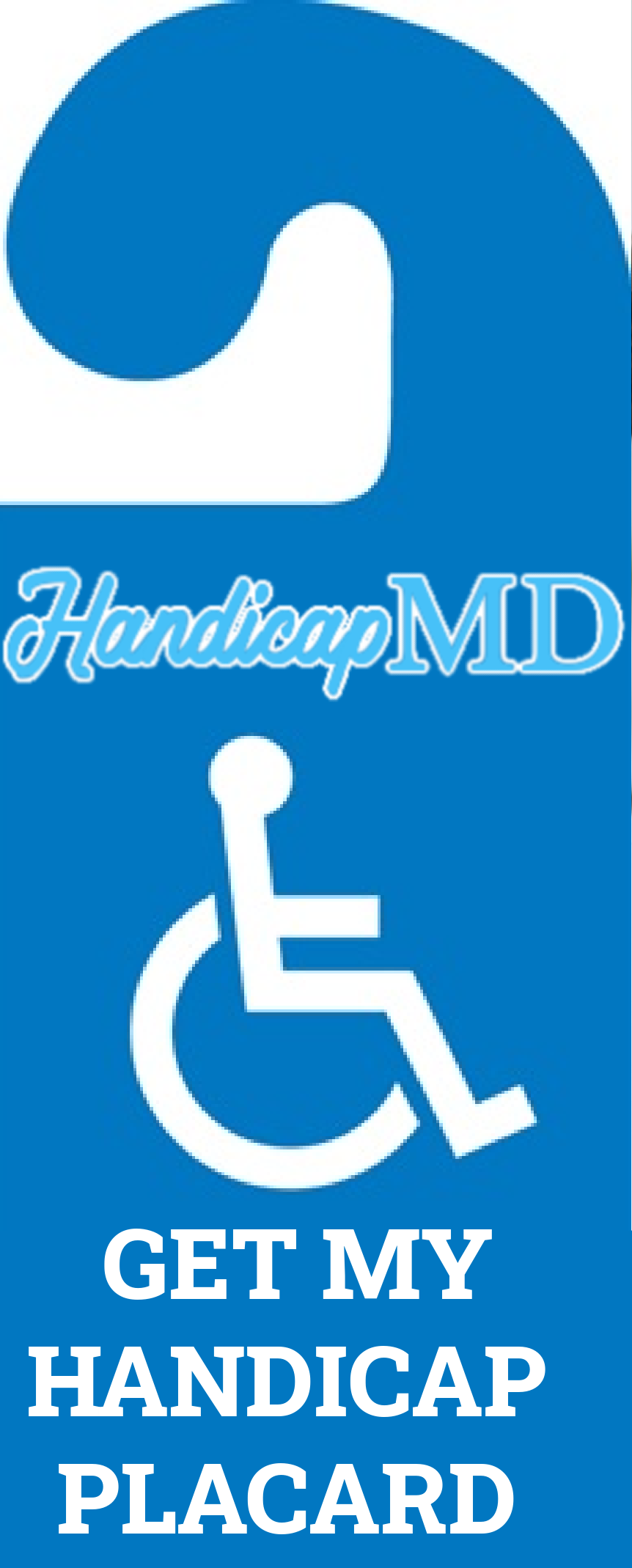
Neurological Disorders: Qualifying Conditions for a DMV Handicap Parking Permit
Introduction
In today's fast-paced world, transportation plays a crucial role in ensuring accessibility and convenience for individuals with disabilities. For those suffering from neurological disorders, such as Parkinson's disease, multiple sclerosis, and epilepsy, everyday tasks like walking long distances or maneuvering through crowded parking lots can be challenging and exhausting. To alleviate some of these difficulties, the Department of Motor Vehicles (DMV) offers handicap parking permits. This article will delve into the qualifying conditions for a DMV handicap parking permit for individuals with neurological disorders.
Understanding Neurological Disorders
Before we delve into the qualifying conditions for a DMV handicap parking permit, it's essential to have a basic understanding of neurological disorders. Neurological disorders encompass a wide range of conditions that affect the nervous system, including the brain, spinal cord, and nerves throughout the body. These disorders can lead to various symptoms, such as muscle weakness, coordination difficulties, tremors, and impaired mobility.
Qualifying Conditions for a DMV Handicap Parking Permit
Parkinson's Disease
People diagnosed with Parkinson's disease often experience motor symptoms, such as tremors, muscle stiffness, and impaired balance. These symptoms can make it challenging to walk long distances or navigate crowded parking lots. Individuals with Parkinson's disease can qualify for a DMV handicap parking permit, providing them with closer parking spaces that accommodate their mobility limitations.
Multiple Sclerosis
Multiple sclerosis (MS) is a chronic autoimmune disease that affects the central nervous system. It can cause a wide range of symptoms, including muscle weakness, fatigue, balance problems, and difficulty walking. Individuals with MS can qualify for a DMV handicap parking permit to alleviate the physical strain associated with long walks and parking difficulties.
Epilepsy
Epilepsy is a neurological disorder characterized by recurrent seizures. Seizures can vary in intensity and duration, and they can sometimes cause sudden loss of muscle control or consciousness. People with epilepsy may qualify for a DMV handicap parking permit to ensure their safety and convenience during episodes or to prevent accidents caused by sudden seizures while walking in crowded parking areas.
Cerebral Palsy
Cerebral palsy is a group of neurological disorders that affect movement, coordination, and muscle tone. It is caused by damage to the developing brain, typically before or during birth. Individuals with cerebral palsy may have difficulty walking, maintaining balance, or coordinating movements, making a DMV handicap parking permit essential for their mobility and safety.
Amyotrophic Lateral Sclerosis (ALS)
Amyotrophic lateral sclerosis, also known as ALS or Lou Gehrig's disease, is a progressive neurodegenerative disorder that affects nerve cells in the brain and spinal cord. Over time, individuals with ALS experience muscle weakness, difficulty speaking, swallowing, and eventually, complete paralysis. Due to the profound physical limitations caused by ALS, a DMV handicap parking permit is crucial for maintaining independence and accessibility.
Frequently Asked Questions
1. Can I apply for a DMV handicap parking permit if I have a different neurological disorder not mentioned here?
Yes, the qualifying conditions for a DMV handicap parking permit are not limited to the neurological disorders mentioned in this article. If you have a different neurological disorder that significantly impairs your mobility or poses safety concerns, you may still be eligible for a permit. It's best to consult your healthcare provider or reach out to your local DMV for specific guidelines and requirements.
2. How do I apply for a DMV handicap parking permit?
To apply for a DMV handicap parking permit, you typically need to visit your local DMV office or their website. The specific application process may vary depending on your location, but it usually involves filling out an application form, providing medical documentation or a doctor's certification, and paying any applicable fees. It's recommended to check your state or country's DMV website for detailed instructions and forms.
3. How long is a DMV handicap parking permit valid?
The validity period of a DMV handicap parking permit depends on your location and the specific circumstances of your condition. In some cases, permits may be issued for temporary disabilities and have a shorter validity period, while others may be issued for more extended periods or even permanent disabilities. It's important to review the guidelines provided by your local DMV or contact them directly for information on the duration of the permit.
4. Can I use my DMV handicap parking permit in other states or countries?
DMV handicap parking permits are generally recognized across states within the same country. However, it's crucial to familiarize yourself with the specific rules and regulations of the state or country you plan to visit. Some locations may have different permit designs, parking restrictions, or additional requirements. It's advisable to research and contact the appropriate authorities in advance to ensure a smooth experience while using your permit in a different jurisdiction.
5. Can I lend my DMV handicap parking permit to someone else?
No, DMV handicap parking permits are issued to individuals based on their specific medical conditions and mobility limitations. It is strictly prohibited to lend or transfer the permit to anyone else. Permits are non-transferable and should only be used by the individual for whom they were issued. Violating this rule can result in fines or legal consequences.
6. What should I do if my DMV handicap parking permit is lost or stolen?
If your DMV handicap parking permit is lost or stolen, it's important to report it immediately to your local DMV. They will guide you through the process of obtaining a replacement permit. Keep in mind that you may need to provide documentation or follow specific procedures to ensure the lost or stolen permit is not misused by others.
Conclusion
Neurological disorders can significantly impact an individual's mobility and daily activities. To improve accessibility and convenience, the DMV provides handicap parking permits for those with qualifying conditions. Whether you have Parkinson's disease, multiple sclerosis, epilepsy, cerebral palsy, or another neurological disorder, these permits can make a significant difference in your ability to navigate parking areas safely and comfortably. If you believe you meet the qualifying conditions for a DMV handicap parking permit, consult your healthcare provider or contact your local DMV for further information and assistance.
.png)






